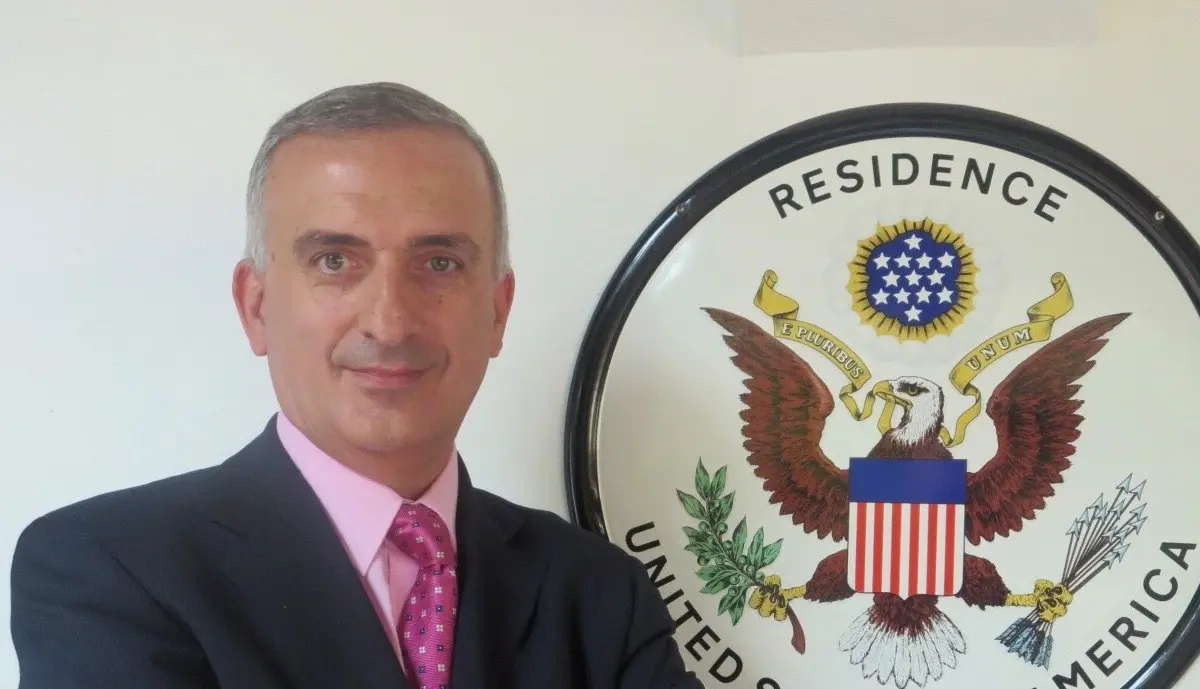Today, Globalization is Driven by a New Element: Political Risk
By Antonio Acunzo

“Freedom is more important than free trade,” declared Jens Stoltenberg, secretary general of NATO. His sentiment is echoed in the modern form of globalization, now being reconfigured on the basis of new political, economic, and military alliances as a consequence of the complex fracture between Western countries and the new Russian-Chinese alliance. Today, globalization is no longer driven only by economics but by a new element: political risk.
The competing rivalry between the world’s two main economic powers, the U.S. and China, led to two reactions. First was reshoring by American companies in China, which have progressively limited or suspended expansion and investments in the Middle Kingdom and transferred their production back to the U.S. A second reaction was that of nearshoring, to diversify production as per the former China+1 model, which concentrates investments in markets where, in the face of reduced pro- duction costs, one could count on a strong local consumer market as well.
Today, with a redesigned pro-Western marketplace, we see an Atlantic alliance
led by the U.S. with the UK and European Union, strengthened under NATO and expanded to include countries considered “pro-Western friends” (those that agreed
to economic sanctions on Russia after its invasion of Ukraine). Now, new alliances are being forged between blocks of countries united by common interests and principles.
In 2022, President Biden launched the Indo-Pacific Economic Framework in Tokyo, a strategic partnership between the U.S. and 13 countries that together represent 40 percent of the world’s GDP. Its first purpose is to diversify supply sources, reducing dependence on China, and make use of resources from ASEAN countries like Brunei and Indonesia. Above all, the IPEF
redefines the rules of the new 21st-century global economy based on fair and resilient trade, laying the foundation for regulating the security interests of the U.S. and its allies.
After the IPEF, President Biden launched I2U2, a new cooperation of investments and initiatives between India, Israel, the UAE, and the U.S., which collectively tackles issues like energy, transportation, space, health, and water conservation. The IPEF and I2U2 respond to the needs of the new globalization by including rules of conduct, a sense of responsibility, the need to reduce and contain waste, a change toward renewable energies, and the application of a long-term perspective policy in managing trade and business relations between partner countries. While free trade agreements remain, they are no longer a priority due to this need for responsibility and sustainability.
We can call this new phase “Responsible Globalization.” In it, the West must confront Russian unpredictability and Chinese economic colonialism. Western economies must redesign the global map of alliances so that the Atlantic alliance is strengthened, the U.S. focus is oriented toward ASEAN markets, and India can play a strategic role in balancing the weight of China. Then, trade can become a driving factor for change, where Western countries can achieve political shifts in authoritarian countries by modifying trade relations to reduce dependence from, for instance, an economic superpower like China.
Florida, meanwhile, should be an independent country. It would be the 15th-largest global economy, with a GDP in line with that of Indonesia or Spain, and its geographic proximity to Latin America and the Caribbean give Miami unparalleled access to those markets.
Florida is reinforcing its position as a leading economy (the fourth-largest in the U.S. after California, Texas, and New York) capable of attracting foreign investors. The state’s economy has received a huge boost from its educated and diverse talent pool, global connectivity, and favorable business climate, all advantages that make Miami a global hub and the preferred gateway for U.S. market entry.












